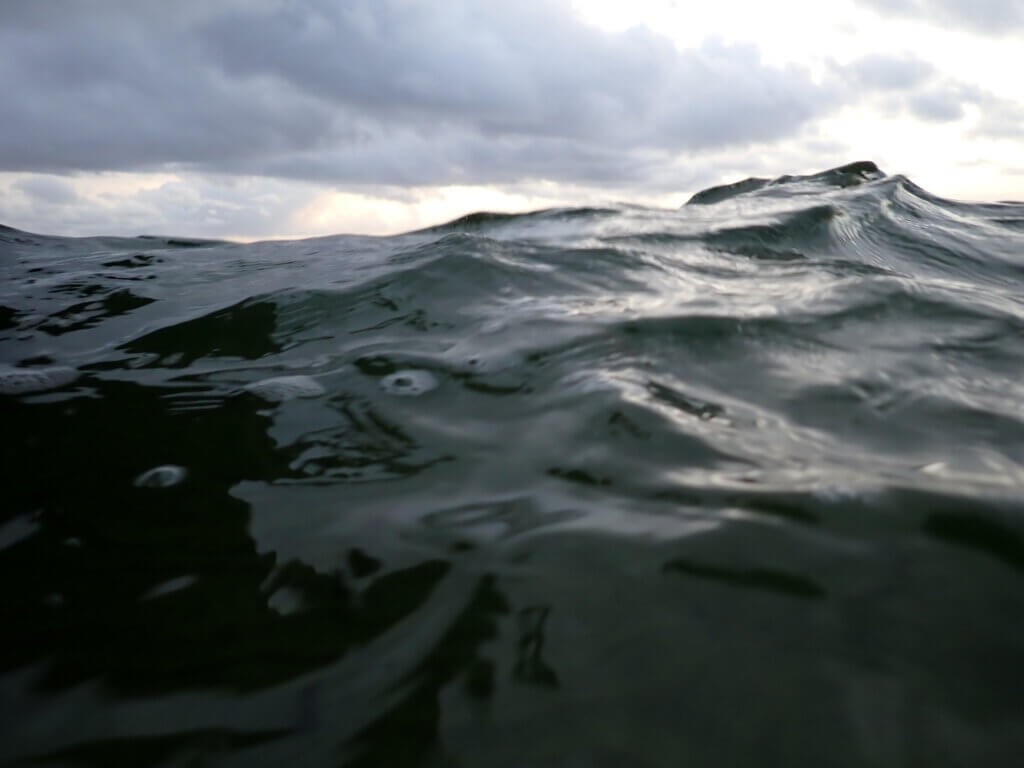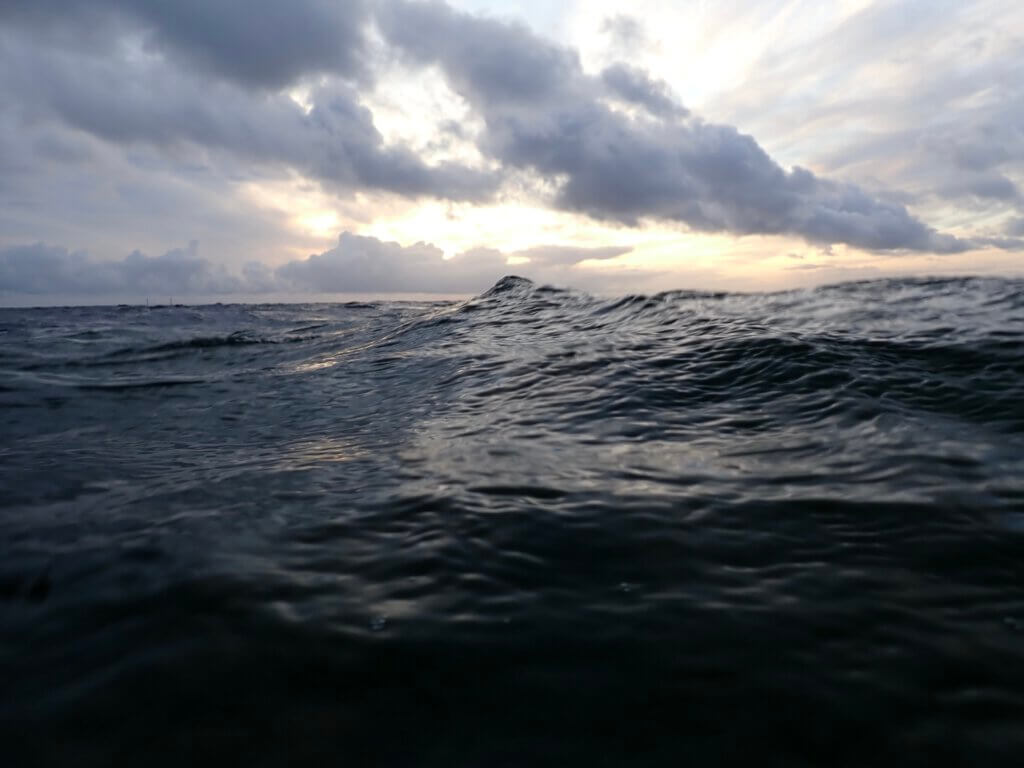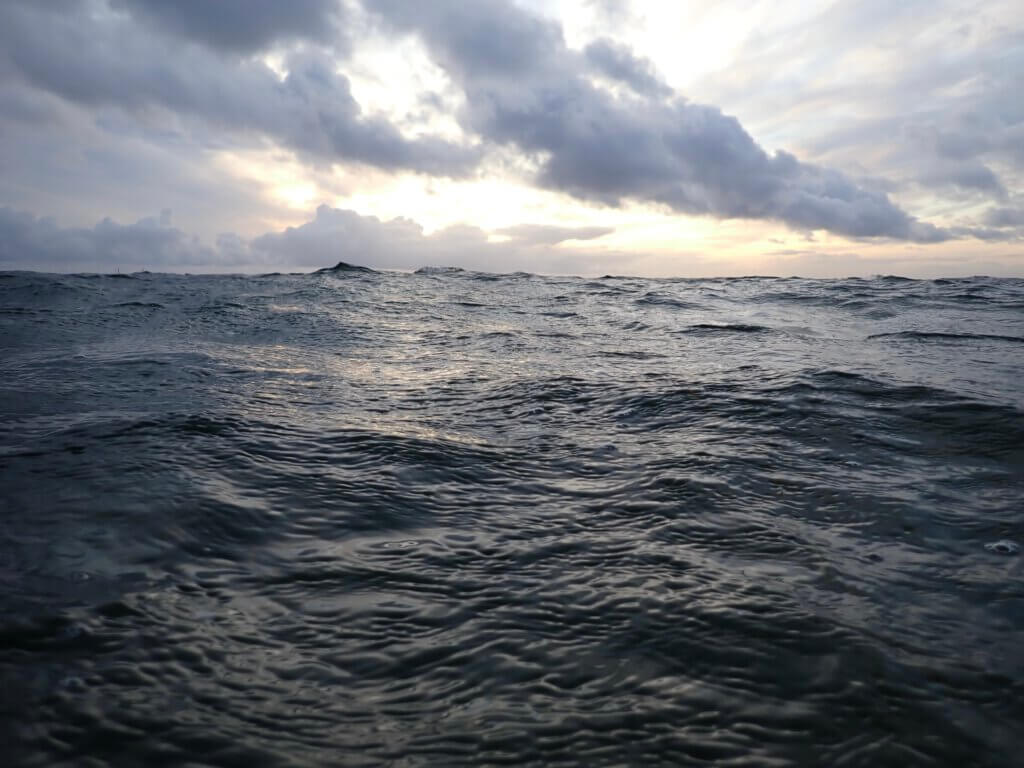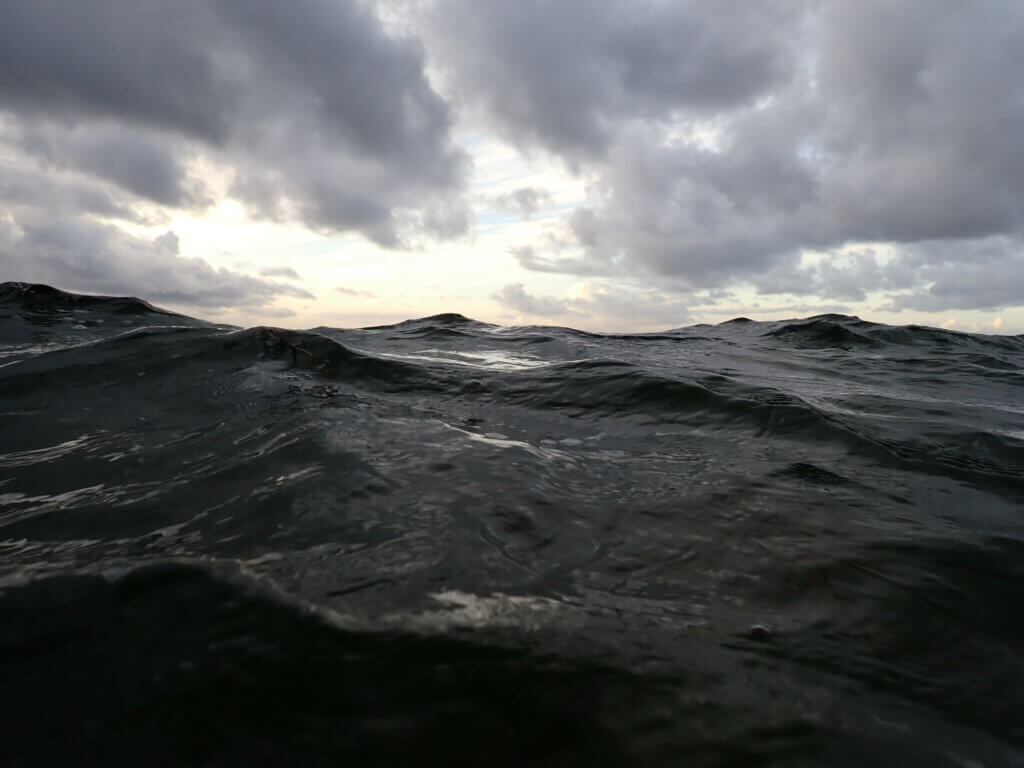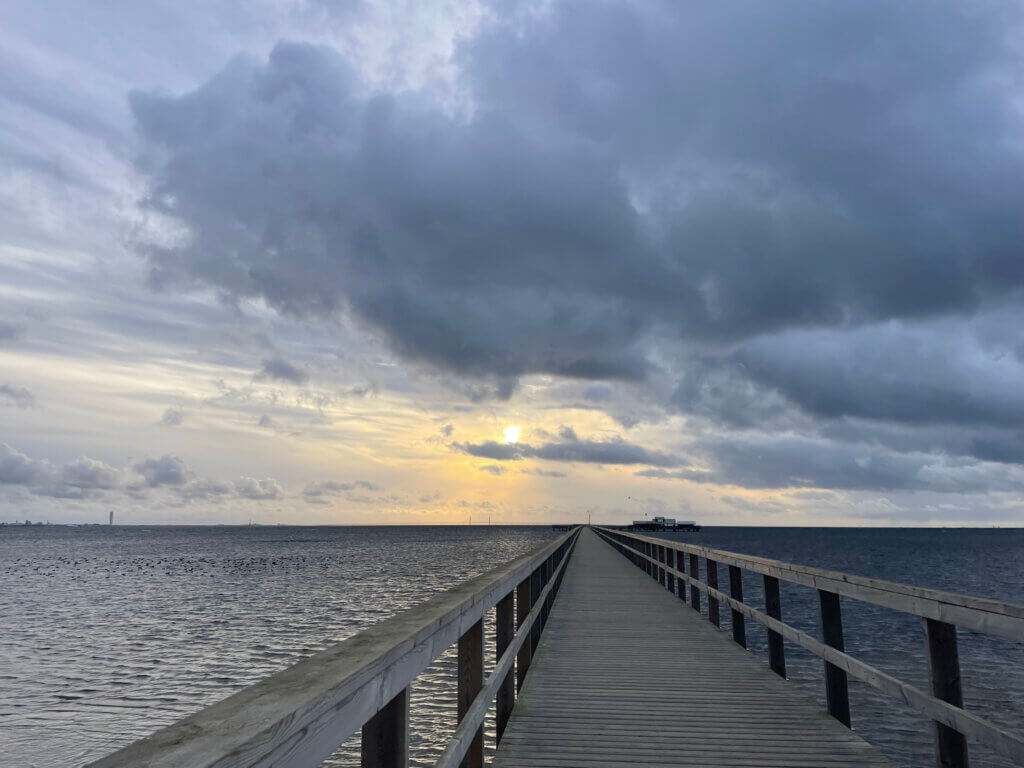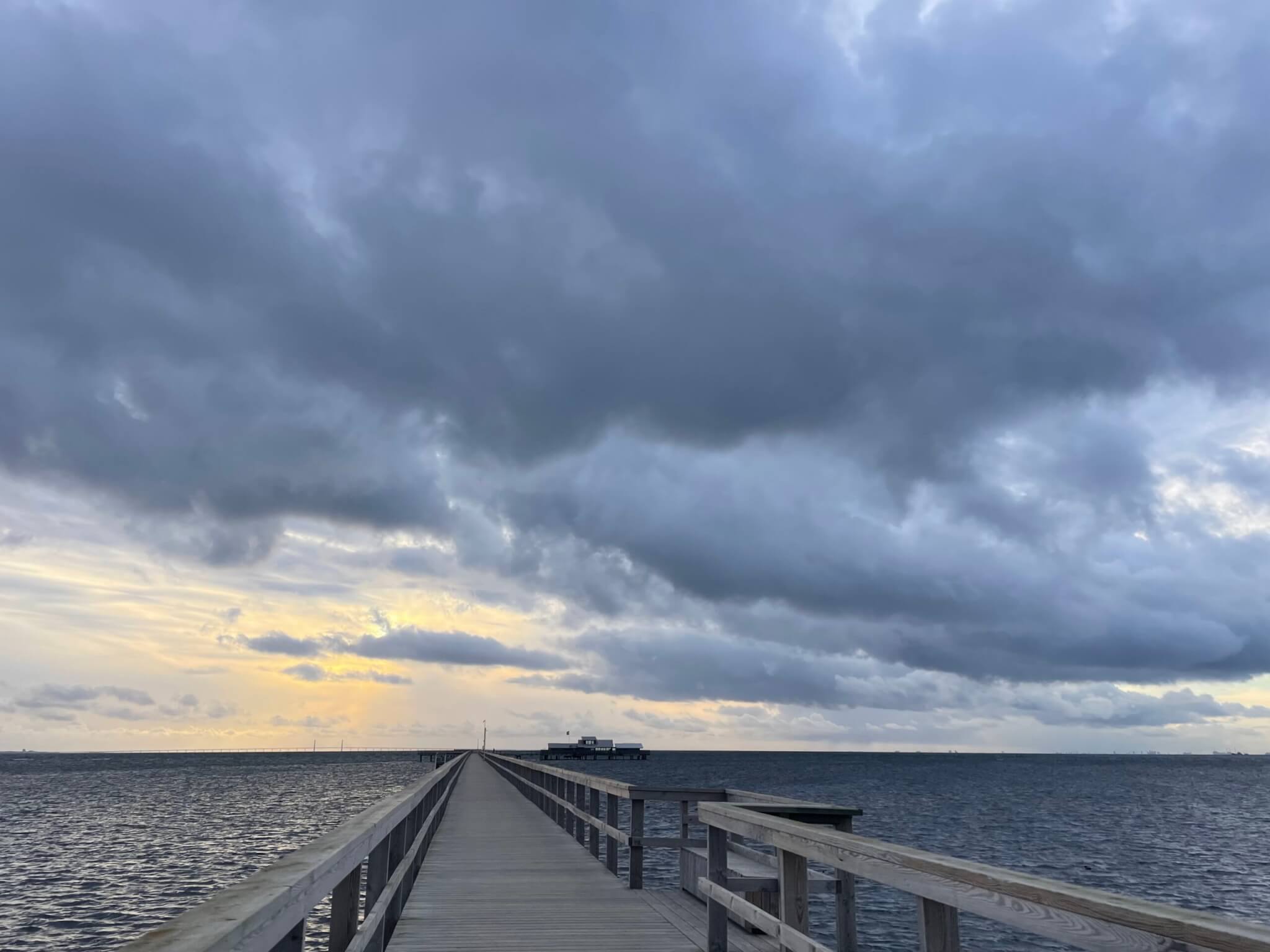
Reading about the role of academic development in Teaching for Sustainability
Today, I finally watched Anne-Kathrin Peters’ keynote at the Teaching and Learning conference at the University of Bergen (check it out here), and in it she mentions the article “Pain and pleasure in working with sustainability and transformation at a Technical University: An exploration of the role of educational developers through collaborative autoethnography” by Peters & Rosén (2025), which I then also had to read because that title made me so curious…
The collaboration that is described in this article was born out of conflict and irritation between the authors that they tried to resolve by being “radically open” with each other, because they realized that they were somehow both on the same team (and how impressive is it that they chose to explore this together rather than continuing avoiding each other?). They describe how autoethnography is sometimes perceived as “me-search” rather than “research”, and how it in this context even became “us-search”.
One part about how they describe the role of educational developers resonated with me a lot: “as educational developers, we must choose whether, when, and how to join the choir of self-celebration, and when and how to step up and shine a light on how parts of the university celebrate themselves while doing too little to transform society. We may also ask: How are we, or might we become, part of such an ‘unhealthy’ self-celebration, and what can we do about it? How might we create spaces and conversations that allow for vulnerability and critique, spaces in which new, different, and marginalised perspectives can be heard? […] We see that we need to be with the dire state of the world, recognising the insufficiency of dominant responses, while also acknowledging, and perhaps even celebrating, the actions for change that are being taken, even if they are limited, and at the same time calling for more transformative actions” (definitely good food for thought on a day where Lund University has been ranked the number one in the world in sustainability! And it also reminds me of a TED talk I watched yesterday, Per Espen Stoknes on “How to transform apocalypse fatigue into action on global warming”. He says we do need to celebrate the small wins! More on that below).
(They also describe working with Active Hope (which Anne also does with the audience in her keynote, and which I have recently started using in my work, too!))
Peters & Rosén (2025) end by writing “[m]ore alliances are needed, especially between people who are more different than we are“, and the work they report on is an inspiring example of what that could look like!
Ok, back to the TED talk mentioned above: Stoknes (2017) discusses the five inner defenses that prevent us from engaging (distance — climate change is happening in the Arctic to polar bears, not to us; doom — it’s all a looming disaster and at some point we get numb to the messages and avoid them; dissonance — I am a good person, so what I am doing cannot be so bad; denial — if we ignore or ridicule, “we find inner refuge from fear and guilt”; identity — we don’t believe stuff that threatens our identity); and how to overcome them through climate communication: make climate feel near, personal and urgent (i.e. spread social norms that help solve the problem); frame climate as being about health (plant-based food), new tech opportunities, jobs, … with 3 positive for 1 negative message; nudge people through better choice architectures; visualize progress; and create better stories where we connect our identity to doing the right thing. Sounds not too difficult? :-D
In the introduction to the article were so many references to other articles that I felt I should have read yesterday, so here are some very quick summaries of the first bunch:
Högfeldt et al. (2023) I have actually summarized before, and in a nutshell, they describe barriers that teachers face when trying to include sustainability: (i) teachers do not see how content is related to sustainable development, (ii) “sustainability” is perceived as buzzword that teachers don’t want to use when generally aligned with their agenda, (iii) students often came from high school with more knowledge about sustainable development than teachers anticipated, and thus the introductory teaching units were way too easy and boring, and (iv) teachers got the discouraging feedback from leadership that their best efforts were not enough. Sounds familiar? They then describe how KTH has, in a 20 year long process, developed a landscape of practice that builds on different teacher development workshops and several collaborative spaces.
Mulà et al. (2018) write about “catalysing change in higher education for sustainable development: A review of professional development initiatives for university educators” and find that “universities currently lack capacity to integrate ESD effectively into mainstream teaching practices and the training they provide for academic staff or to integrate ESD into their institutional teaching and learning priorities. Many ESD activities remain focused on teaching issues arising in sustainable development research and delivering specialist modules or courses in sustainability. Very few countries and institutions have significant staff development programmes to enhance the ESD competences of university educators and build their academic leadership capabilities for ESD.” They conclude that the way ESD can be integrated into professional development, especially with a view towards institutional change, needs to be understood better.
Kolmos et al. (2016) find that there are basically three ways in which engineering schools have responded to the demand to include sustainability in their teaching: add-on, integration, or re-build: “The add-on strategy responds to current requirements, and it preserves the existing system and leaves the academic disciplines and cultures largely untouched. The integration strategy often responds to an employability agenda, encouraged by companies and industrial organisations that want graduates to learn process and professional skills in relation to industrial contexts; however, mostly the academic discipline boundaries remain untouched; new project courses carry the integration. The re-building strategy is an overall response to both industrial and societal/political agendas that focus on the education of academics as change agents with a deeper awareness of the impact of new innovation on different organisations and actors. The re-building strategy requires that disciplinary borders must be negotiated, as it requires both bigger units and involvement of practice.”
The three ways require substantially different academic development work:
- in add-on, there need to be “daily operations to maintain the system, respond to external requirements and, by faculty training, optimize the teaching and learning within the classroom“
- in integration, there needs to be “coordination and collaboration at the system level involving both top-down and bottom up processes. The faculty development unit has a serious role in training groups of teachers and especially to overcome barriers between disciplines and skills training. As skills training will be integrated into the various courses, it will involve new teaching and learning methods like more active learning and problem based and project based learning on a course level“
- Lastly, “[t]he re-building strategy will require even more as it will involve negotiation of the existing discipline and course boundaries to create bigger units for more complex learning involving both academic theory, contextual problem analysis, contextual problem solving and awareness of possible societal impacts. The goal of the re-building strategy is at an emerging stage, and it is not a dominant trend at the moment“
These descriptions of the three different approaches make it even more clear how much negotiation is involved in my job, especially when there are different understandings of whether sustainability should be an add-on thing, whether it should be integrated, or whether we actually need to rebuild… I now noticed that in our own communication with the Initiative Teaching for Sustainability, we tend to talk about integration, when the organisation as a whole is probably thinking mostly about add-on, and we ourselves dream of rebuilding…
Högfeldt, A. K., Gumaelius, L., Berglund, P., Kari, L., Pears, A., & Kann, V. (2023). Leadership, support and organisation for academics’ participation in engineering education change for sustainable development. European Journal of Engineering Education, 48(2), 240-266.
Kolmos, A., Hadgraft, R. G., & Holgaard, J. E. (2016). Response strategies for curriculum change in engineering. International Journal of Technology and Design Education, 26(3), 391-411.
Mulà, I., Tilbury, D., Ryan, A., Mader, M., Dlouhá, J., Mader, C., … & Alba, D. (2017). Catalysing change in higher education for sustainable development: A review of professional development initiatives for university educators. International journal of sustainability in higher education, 18(5), 798-820.
Peters, A. K., & Rosén, A. (2025). Pain and pleasure in working with sustainability and transformation at a Technical University: An exploration of the role of educational developers through collaborative autoethnography. European Journal of Engineering Education, 1-30.
Featured image and images below from a late lunch break dip today.
Or afternoon break, as you can see from the height of the sun…
But low sun always makes for the best wave pictures because the light and shadow make the structures stand out so much more!
And it doesn’t look quite this dramatic when you are in the water, it’s just that the camera is pretty much at water level…
But as always, going for a dip is the best thing for general well-being!
